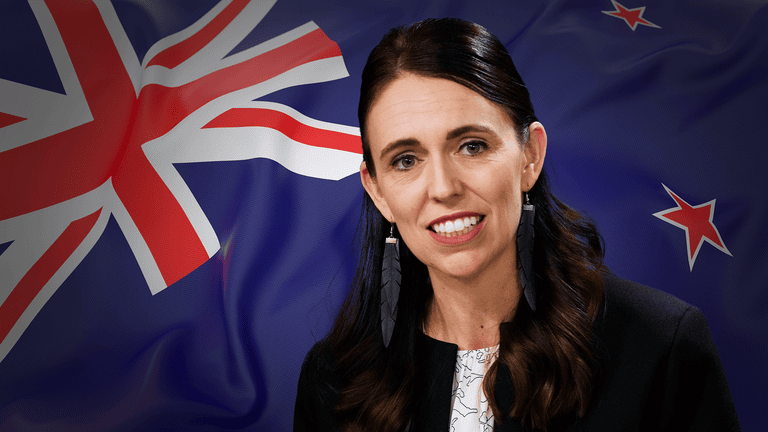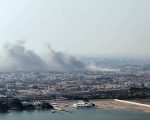Jacinda Ardern, announced her resignation on January 19th leaving the world in complete shock. She exclaimed that she no longer had the energy to stay put in such a demanding role. Even as she was praised for her honesty to step off the pedestal, she was criticized by many suggesting, ‘can women really have it all?’ Looking back, like many great leaders, Ardern had led her country through many of its ups and downs, accounting for an active role in disaster management, economic crises and a grievous terrorist attack. She stayed in her role as prime minister from 2017 to January 2023.
Besides being a wife and a mother, Jacinda Ardern was a perfect fit for her role as the youngest prime minister of New Zealand. Her speeches and addresses to the public alone had truly been exemplary of how articulate and charming leaders must be in both good and bad times. Not just a role model for the people of New Zealand, Ardern is widely admired by people all around the world for her active response to the distress caused in her country and for the way she has handled her responsibility.
Her response to the global pandemic of COVID-19 has been commendable all around the world. In fact, New Zealand became of one the few countries to come out of the pandemic in under two years. Under the leadership of Jacinda Ardern and the tough decisions that she made to protect the country’s people and its economy, COVID-19 was handled as smoothly as it could be.
In March 2019, when her country became a victim of terrorist attacks, Ardern steered her people with compassion, love, and unity through the hard times. On the 15th of March, a gunman opened fire on two mosques in Christchurch which killed almost 51 people. Ardern consoled the families of the victims choosing to personally address them in their time of difficulty and condemning the act of terrorism. She further went ahead to amend the New Zealand gun laws and banned military-style firearms in just under 6 days after the gruesome attack.
In the same year on December 9th, the White Island volcanic eruption tragedy took the lives of 21 people. Ardern met with the victims and first responders personally and comforted them in their hardships. The images that came after of her hugging and consoling her people were labelled ‘iconic’ by the media. In a parliamentary speech, she said, ‘I say to those who have lost and grieve – you are forever linked to our nation and we will hold you close.’
She took climate change very seriously and decided to lead the way towards a zero-carbon future for her country. In 2019, the Climate Change Response Amendment Bill was passed which established the target of net zero carbon emissions and that policy has ever since been at the centre of New Zealand’s climate goals. She banned off-shore oil and gas exploration, and plastic bag usage, and promoted businesses, schools and hospitals willing to switch to cleaner energy.
Working with the finance minister, Grant Robertson, Jacinda Ardern launched New Zealand’s first Wellbeing Budget which focused on a new approach by placing the health and wellbeing of the people at the heart of the government. The policies were made to be people-centric from there on.
Ardern played a prominent role in trying to close the gender pay gap and also making period products available for free in schools. With the passage of the Equal Pay Amendment Bill in July 2020, she delivered on a labour campaign promise by making it easier for employees to advocate for equal pay.
Moreover, her election as the youngest female prime minister in the history of the country alone stood as a hallmark of her reign. Her government was the most diverse consisting of members from indigenous tribes, several women, and people of colour.
What forced Ardern to resign from her prestigious role wasn’t just the misogynistic abuse that she faced online on media and by men around the world in politics but also her own personal burnout. She spoke to the press about why she refused to continue any longer and her explanation was nothing short of graceful and straightforward. She no longer had the mental capacity to handle the responsibility and integrity that came with being in such a position.
And that should in itself be a lesson for all world leaders. Ardern left her seat in the hands of Chris Hipkins as she bid farewell to the public. Burnouts are real, be it for students or political leaders. It is truly admirable to see someone have diligence and respect for the title they’re handed. Jacinda Ardern will stay a prominent figure in the eyes of the world and her country. She took her role by the horns and did her best to give New Zealand the safety she owed it.














